Ready to Ace Accounting?
Basic Accounting Study Guide
Let’s face it, accounting isn’t an easy subject and can be a struggle to learn. It’s easy to get stressed out wondering if you’ve studied enough or studied the right material. And there’s lots of material to learn!
Once you fall behind, it’s easy to feel overwhelmed, lost, or confused; and unfortunately, it’s hard to catch up.
A lot of college classes are only a couple months long and the information is crammed into short classes. This puts a lot of pressure on you to learn the difficult content, quickly. But that’s where our Accounting Cheat Sheet comes in.
This study guide is ideal for use as an accounting guide and review tool by accounting students and professional accountants. Simplify your learning journey and achieve your accounting goals with this cheat sheet today!
Meet the Author
Anston Roberts
I’m Anston. I’m a CPA, have a master’s degree in accounting, and I’m offering to show you what to study, how to study, answer your questions, and guide you to passing your accounting class. I’m an Advanced Certified ProAdvisor for QuickBooks, instructor, author, and I have my own consulting business helping companies use QuickBooks.


Who is This For?
Whether you are a business or accounting student looking to ace the next test or a veteran of the business world who could use a refresher, the Accounting Study guide is here to help! This 10 page guide outlines commonly used and difficult-to-remember accounting terms assets, liabilities, equity, income, and more, as well as handy hints, common pitfalls, and other points to make sure you don’t let anything slip through the cracks.
This opportunity isn’t for everyone; it’s for college students in their first year of business and accounting classes. Most colleges refer to this class as Principles of Accounting, College Accounting, or Financial Accounting. Basically, it is the foundation/fundamental information about accounting. And these classes usually start with definitions related to accounting principles, then move to Financial Statements, Debits & Credits, Normal Balances, Journal Entries, T-Accounts, etc. This is exactly what we cover in our Accounting study guide.
This is a paragraph. Click here to edit this text and add your own content. It’s simple. You can easily make changes to the font and can move me anywhere on your page. This is a great place to tell your story and let users know a little more about you and your services.
What You're Going to Discover Inside the Cheatsheet
Accounting Concepts and Principles
- Accrual Basis vs. Cash Basis Accounting
- Recognition of Revenue and Expenses, Matching Principle, Revenue Recognition
- Criteria for Recognizing Revenue
- Multiple-step vs. Single-step Income Statements
- Expense Recognition, Matching Expenses to Revenue
- Depreciation and Amortization
The Accounting Cycle
- Provides valuable information about Journal entries,
- Recording transactions in the general journal, debits and credits,
- Ledger and T-accounts, posting journal entries to the general ledger,
- Balancing T -accounts, Trial balance ,
- Preparing a trial balance and Identifying and correcting errors.
Financial Statements
- Income Statement
- Reporting Revenues and Expenses
- Calculating Net Income
- Statement of Retained Earnings
- Changes in Retained Earnings
- Dividends and Retained Earnings
- Balance Sheet, Classified vs. Unclassified Balance Sheets
- Statement of Cash Flows, Operating
- Investing, and Financing Activities
- Indirect vs. Direct Method
Assets, Liabilities, and Equity
- Current Assets and Liabilities
- Cash, Accounts Receivable
- Inventory, Accounts Payable
- Accrued Liabilities
- Long-Term Assets and Liabilities
- Property, Plant, and Equipment (PP&E)
- Bonds Payable and Long-Term Debt
- Equity
- Common Stock, Preferred Stock,
- Retained Earnings
Statement of Cash Flows
- Operating Activities
- Cash Receipts and Payments from Core Business
- Operations
- Direct and Indirect Method Adjustments
- Direct vs. Indirect Method Adjustments
- Investing and Financing Activities
- Cash Flows from Investments and Financing Activities
- Significant Non-cash Activities
Analysis of Financial Statements
- Horizontal and Vertical Analysis,
- Year-to-Year and Item-to-Item Comparisons,
- Expressing Line Items as Percentages,
- Ratio Analysis, Liquidity, Solvency,
- Profitability Ratios,
- DuPont Analysis
Accounting for Income Taxes
- Deferred Tax Assets and Liabilities
- Temporary Differences
- Deferred Tax Liability
- Deferred Tax Asset
- Tax Rate Changes
Accounting for Merchandising Operations
- Sales and Cost of Goods Sold
- Recording Sales and Recognizing Revenue
- Calculating and Recording Cost of Goods Sold (COGS)
Special Topics in Financial Accounting
- Accounting for Leases
- Operating vs. Capital Leases
- Lease Accounting under ASC 842
- Accounting for Pensions and Other Post-Employment Benefits
- Defined Benefit vs. Defined Contribution Plans
- Recording Pension Expenses
Download Instantly and Print it or Read it on Your Device.


Get your Copy of Basic Accounting Study Guide Now
Access this digital cheat sheet anytime through a PDF reader on your preferred device. Download our cheat sheet today and take your first step toward mastering accounting!

